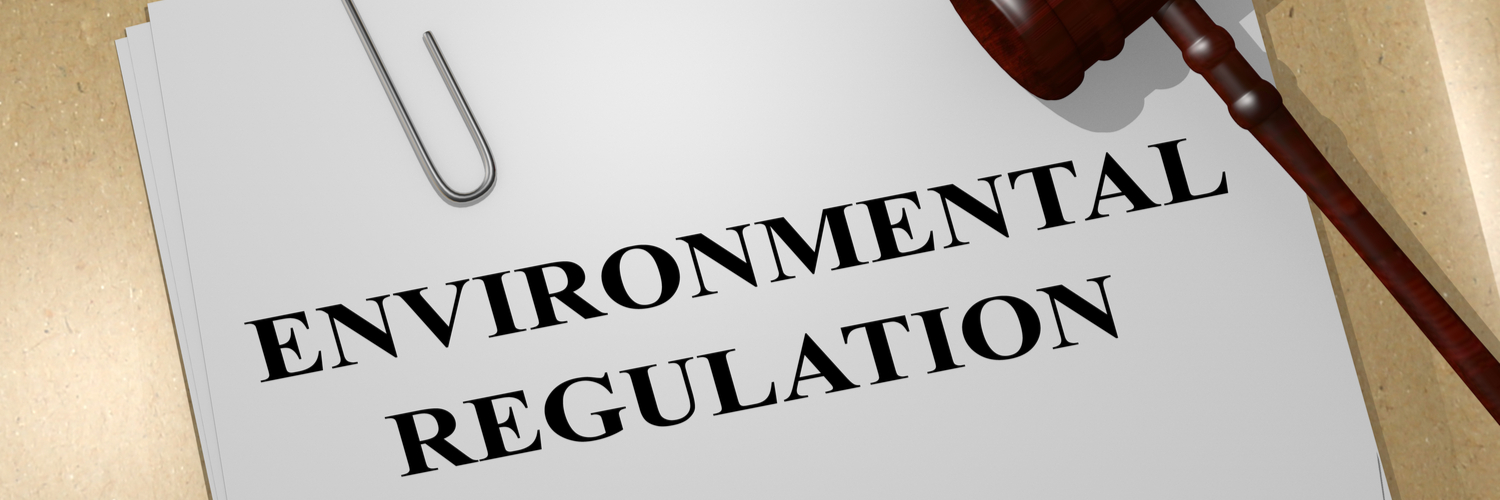USEPA Policy Provides Temporary Relief from Federal Enforcement due to COVID-19
March 30, 2020 – Legal Alerts
The prospect of compliance disruptions from the COVID-19 pandemic prompted the United States Environmental Protection Agency (USEPA) to create a temporary policy outlining its enforcement discretion against certain regulated entities. As this is a federal policy, some entities may not enjoy the same enforcement discretion at their state and local level.
The policy applies to a range of potential violations, such as failure to conduct routine compliance monitoring and reporting, failure to comply with EPA administrative settlement agreements and consent decrees, and facility operation and emission control exceedances. USEPA cites the potential for worker shortages, as well as the travel and social distancing restrictions, as a reason for its enforcement discretion.
Even so, the policy does not create a free pass for environmental non-compliance. USEPA’s enforcement discretion is conditioned on entities making every effort to comply with environmental rules and regulations. In the event that compliance is not “reasonably practicable,” the entity must:
- Act responsibly under the circumstances in order to minimize the effects and duration of any noncompliance caused by COVID-19;
- Identify the specific nature and dates of the noncompliance;
- Identify how COVID-19 was the cause of the noncompliance, and the decisions and actions taken in response, including best efforts to comply and steps taken to come into compliance at the earliest opportunity;
- Return to compliance as soon as possible; and
- Document the information, action, or condition specified in a. through d.
This information identified will be used by USEPA to evaluate its enforcement discretion set forth in the policy.
The policy states all regulated entities are expected to manage and operate their facilities in a manner that is safe and protects the public and the environment. Accordingly, certain facilities and critical infrastructure are expected to maintain a high degree of compliance throughout the pandemic. In particular, USEPA believes public water systems under the Safe Drinking Water Act have a heightened responsibility to protect public health and expects operators of such systems to continue normal operations and maintenance as well as required sampling to ensure the safety of drinking water supplies. In the event of worker shortages, the policy provides a tiered prioritization for compliance monitoring and encourages close consultation with state and EPA regional offices if issues arise that may prevent the normal delivery of safe drinking water.
Note the policy does not provide USEPA enforcement discretion for any of the following: criminal violations or conditions of probation in criminal sentences, activities carried out under Superfund and RCRA Corrective Action enforcement instruments, and imports (e.g., pesticide products entering the United States that claim to address COVID-19 impacts). Additionally, nothing in the policy relieves any entity from responsibility to prevent, respond to, or report accidental releases of oil, hazardous substances, hazardous chemicals, hazardous waste, and other pollutants, as required by federal law, or should be read as a willingness to exercise enforcement discretion in the wake of such a release.
If an entity experiences or expects to experience an unintentional noncompliance event as a result of COVID-19, they should immediately notify the pertinent regulatory agency and document such noncompliance as outlined in the policy. Please contact your Dinsmore attorney for more information.
